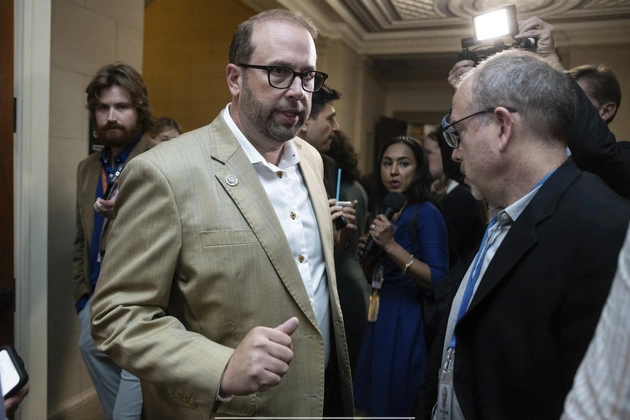
An in-depth analysis of the early version of the House GOP’s tax plan reveals an estimated cost of nearly $5 trillion, according to the Joint Committee on Taxation. This figure exceeds the budget resolution limits set by Republicans earlier this year, raising concerns about the overall impact on the economy and government finances.
Key Highlights of the Tax Plan
The House Republican-approved budget initially allowed for $4.5 trillion in tax cuts, subject to finding $2 trillion in spending cuts. However, recent indications suggest a potential shift towards a smaller $4 trillion tax plan paired with $1.5 trillion in spending reductions.
Focus on Individual Income Tax Rates
The proposed tax plan includes provisions to make permanent the individual income tax rates, which are currently set to expire at the end of the year. Additionally, it aims to extend and enhance key tax benefits such as the standard deduction and the Child Tax Credit.
Missing Elements and Controversies
Despite these provisions, certain key priorities of President Donald Trump, such as the elimination of tips taxes, are notably absent from the preliminary text. The plan also lacks details on significant business-related tax measures favored by Republicans.
Moreover, the absence of any mention of the state and local tax deduction, particularly valued by blue state Republicans, has sparked debates and negotiations. The current $10,000 cap on this deduction remains unchanged, posing challenges for lawmakers seeking consensus.
Budgetary Concerns and Potential Offsets
Initial estimates from the Joint Committee on Taxation point to a substantial deficit impact of the tax plan, surpassing the allowable increase limits set by the House Ways & Means Committee. This discrepancy may necessitate adjustments, offsets, or a combination of both to address the fiscal implications.
Lawmakers are exploring various options to offset the costs, including revisiting clean energy credits and adjusting tax rates on private foundations. However, the need for significant tax increases to balance the budget remains a looming concern.
Conclusion
The evolving landscape of the Republicans’ tax plan underscores the complexities of fiscal policy and political negotiations. As discussions continue and details unfold, the implications of this massive tax package on the economy and taxpayers remain a focal point of debate and scrutiny.











